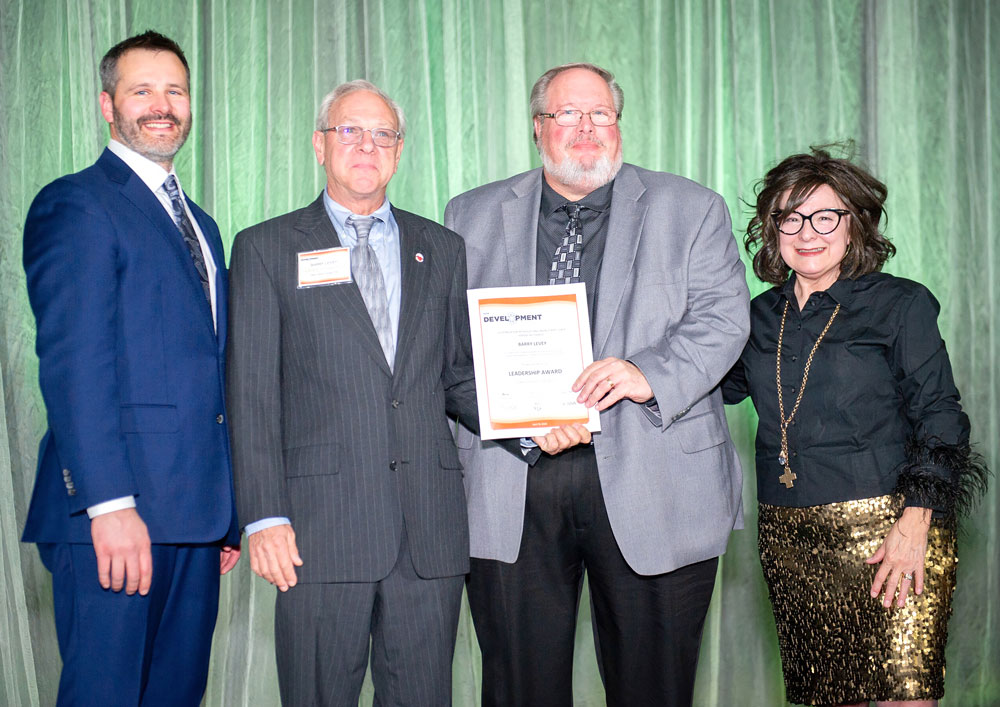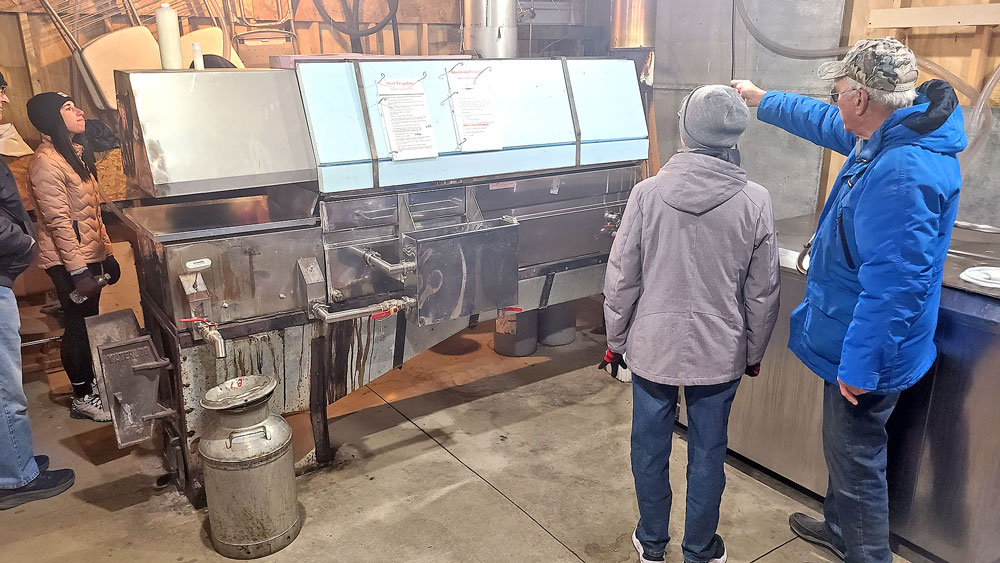Local legislator voted for water quality bill that’s headed to governor’s desk
Thomas Nelson, tnelson@charlescitypress.com
The Iowa Legislature has sent a state water quality bill to Gov. Kim Reynolds for her signature.
The bill passed along mostly party lines in the Republican-controlled House and Senate, but four Democrats voted for it in the House. One of them was Rep. Todd Prichard, D-Charles City.
The bill is a first, small, step and dedicates $25 million a year toward water quality, Prichard said.
“It creates assistant funds that’ll help agricultural practices,” he said. “It also steps up a fund that will help with point sources.”
And there is financing in the bill for cities to update their wastewater treatment, Prichard told the Press Wednesday.
“It doesn’t do enough,” he said. “It doesn’t provide enough funding. It doesn’t go far on providing funding on the local level. It’s not a big enough bill.”
Still, he said, having something in place to assist that wasn’t there before is important.
“I think it’s a step in the right direction,” Prichard said. “The real mistake would be to say ‘we’ve addressed it.’ We’re only beginning to address it. This has got to be viewed as just a small step.”
Prichard said there weren’t enough votes to move a House bill that he favored back to a conference committee, even though every Democrat voted for it. Then the House took up a Senate bill that had passed last session and was still alive. That bill passed 59-41, including Prichard’s yes vote.
Sen. Waylon Brown, R-St. Ansgar, also voted in support of the bill.
Iowa’s main agriculture department and Secretary of Agriculture Bill Northey supported the final bill, as did groups like the Iowa Farm Bureau and Iowa Corn Growers Association.
But several organizations have come out against the final version of the bill, including the Iowa Soybean Association, Iowa Citizens for Community Improvement Action Fund, the Iowa Corn Promotion Board, Iowa Farmers Union and the Iowa Environmental Council.
One of the major criticisms of the bill is that it doesn’t go far enough and is too timid, according to a press release from the Iowa Soybean Association.
Prichard agrees that the criticism is fair.
“It’s a small bill,” Prichard said. “It’s disappointing that’s it’s a not a very big bill. It’s not going far enough.”
The bill is expected to redirect $282 million over 12 years from state revenue toward existing voluntary water quality programs and create others.
The funding would come from a water tax currently in the state budget and an existing infrastructure fund that collects gambling dollars. The funding is set to expire in 2029 unless the Legislature takes further action.
The bill calls for priority to be given to projects whose completion will provide significant improvement to water quality in the relevant watershed, communities that employ an alternative wastewater treatment technology and communities that employ technology to address the latest version of the Iowa Nutrient Reduction Strategy, according to the bill.
Iowa has faced water pollution issues for years, and research shows it’s tied in part to farm runoff. According to the latest update from the Nutrient Reduction Strategy, agriculture and urban runoff contribute more than 90 percent of the nitrogen and 80 percent of the phosphorus leaving the state of Iowa.
Gov. Reynolds said during her Condition of the State address that she wanted a water quality bill to be the first thing she signs this year.
She praised the bill’s passage Tuesday, but added it “does not mean the water quality discussion is over.”
“It should ignite a continuing conversation as we begin to implement and scale best practices that will continue to make an impact on water quality in Iowa,” she said in a statement.
The bill can be found at https://www.legis.iowa.gov/legislation/BillBook?ga=87&ba=sf512.
— The Associated Press contributed to this report.









Social Share